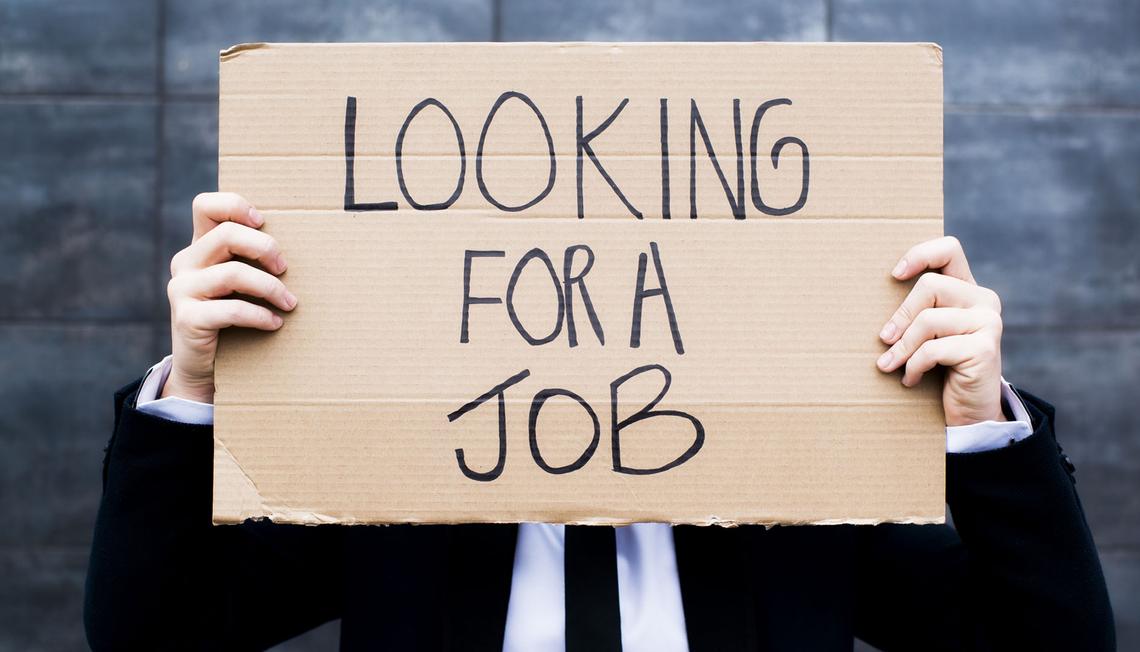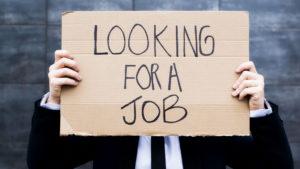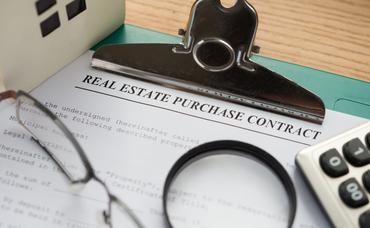The pandemic has caused millions of Americans to file unemployment claims over the last few months. Those who have been laid off or furloughed may be concerned about how this will affect their opportunities to buy a home in the future. Rest assured, unemployment will not derail your plans of homeownership. However, there are some things you should keep in mind as you prepare to buy a home down the road.
Short-term challenges when buying a home
Losing your job in the middle of buying a home can mean that you’ll need to hold off on closing. Unfortunately, lenders take into account that lost income when determining your eligibility for a loan. Unless you’re purchasing the home with someone else, such as a spouse, who can offset that lost income, the lender will probably not approve your loan. But what if you’re collecting unemployment? In most cases, lenders consider that temporary income, and it won’t be used to help you qualify for the loan.
Long term affects of unemployment when buying a home
The good news is, once you are again employed, you won’t have to wait too long before shopping for a house. Most lenders do like to see a steady employment history. That means six months at your current job and two years of being employed. Anything older than two years should have no affect on your ability to qualify for a home loan.
How unemployment affects your credit
Your credit score is a big factor when it comes to getting qualified for a home loan. And unemployment can certainly have an affect on your credit score, depending on how you handle your financial stresses. If you fall behind on your bills, then you may be reported to the credit bureaus. This could have a negative effect on your credit score. Unemployment also affects your debt-to-income ratio. This is the ratio of how much money you make versus how much you owe. If your income takes a hit, you may rely more on your credit cards, which will increase your ratio.
How to minimize financial issues during unemployment
As a future homebuyer, it’s important to take on as little debt as possible while you’re unemployed. Limit your spending and try to stay current on your payments. Always make your minimum monthly payments, and reach out to your creditors to see if you can arrange for lower payments, deferment, or even forbearance. Look closely at your bills to see where you can make some adjustments in the short term to save money during this time.
Recovering from unemployment
While unemployment is a scary and daunting time, you can recover. If your credit score takes a hit, then there are ways that you can repair it. In as little as six months, your credit score can bounce back to a level that is acceptable by many lenders. The bottom line is, while unemployment may put your dreams of homeownership on hold for the time being, it doesn’t mean it will forever. And there are steps you can take during your unemployment period to mitigate damage and be prepared more quickly for your future home purchase.
Compliments of Virtual Results





 Welcome! By submitting information, I am providing my express written consent to be contacted by representatives of this website through a live agent, artificial or prerecorded voice, and automated SMS text at my residential or cellular number, dialed manually or by autodialer, by email, and mail.
Welcome! By submitting information, I am providing my express written consent to be contacted by representatives of this website through a live agent, artificial or prerecorded voice, and automated SMS text at my residential or cellular number, dialed manually or by autodialer, by email, and mail.


